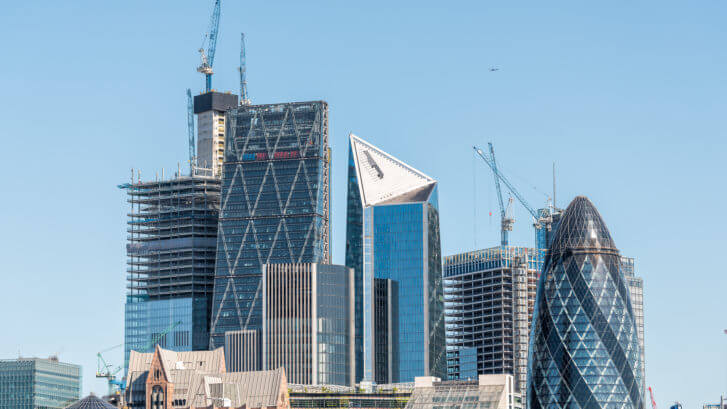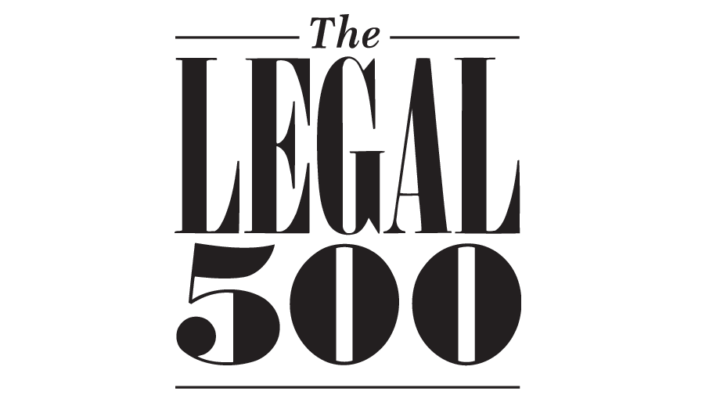BCL partner, Richard Sallybanks looks at the CMA’s track record in the area of criminal cartel enforcement in light of research showing a lack of awareness on the part of UK business as to what is and is not cartel behaviour.
On 22 October 2018 the Competition and Markets Authority (“CMA”) launched an awareness campaign intended to encourage whistle-blowers to expose business cartels. Under the headline “CMA sends tough message to business cheats with cartel campaign”, the press release referred to market research which revealed that only 57% of the 1,000 businesses surveyed knew that fixing prices was illegal, 35% thought that it was legal to divide up and share customers with rivals, and 25% thought that it was legal to discuss prices with competitors when bidding for work. Given that this type of conduct was criminalised in the Enterprise Act 2003 (“the Act”), has a lack of criminal enforcement by the CMA and its predecessor organisation, the Office of Fair Trading (“OFT”), contributed to this lack of awareness?
Section 188 of the Act, which came into force in June 2003, created the cartel offence which carries a maximum sentence of five years imprisonment. In general terms, the cartel offence is committed when a person agrees to enter into arrangements involving at least two undertakings which would, if implemented, directly or indirectly fix prices, limit or prevent the supply of a product or service, limit or prevent the production of a product, divide customers between the undertakings, or amount to bid-rigging arrangements. In its original incarnation, section 188 required that such arrangements be agreed ‘dishonestly’, although this element of the cartel offence was removed by amendment effective from April 2014. Only an individual can commit the cartel offence; there can be no criminal liability for companies which are instead subject to a civil penalty regime.
However, notwithstanding that the cartel offence has been on the statute book for over 15 years, the number of successful prosecutions can still be counted on one hand. In the Marine Hose case in 2008 three British businessmen pleaded guilty to the section 188 offence as part of an agreement with the Antitrust Division of the US Department of Justice (having also entered guilty pleas in the US where they had been arrested) which enabled them to return to England and serve prison sentences here. Subsequent cases, involving the galvanised steel tank industry (2015) and the precast concrete industry (2016), have seen two defendants enter guilty pleas, but in the galvanised steel tank case two defendants who contested the charges were acquitted at trial, and in the precast concrete case no other people were charged. The only other prosecution of the section 188 offence was the ill-fated case against British Airways executives which collapsed in 2010.
The motivation for the removal of the dishonesty element in 2014 was to make the cartel offence easier to prove and might have been expected to herald an increase in criminal enforcement activity. However, while there may be live investigations not yet in the public domain, no prosecutions have been brought under the ‘new’ law notwithstanding that it has been in force for more than four years (both the galvanised steel tank and precast concrete investigations related to the period pre April 2014). Further, the CMA’s website currently carries no information about any open criminal investigations. Contrary to expectation at the time of the change in the law, might it be suggested that the removal of the dishonesty element means that cartel conduct is more than ever seen as a civil wrong to be dealt with by way of civil enforcement against the businesses concerned, rather than criminal enforcement against the individual participants?
Certainly, a review of the CMA and OFT’s track record in the area of criminal enforcement suggests that the message to business has been anything but tough, and might cause questions to be asked about the CMA’s appetite for criminal enforcement. Against this background, should the result of the CMA’s market research come as any surprise?
If you’d like to discuss any of the issues raised in this article with one of our solicitors then please get in touch in the strictest confidence.
Author:




